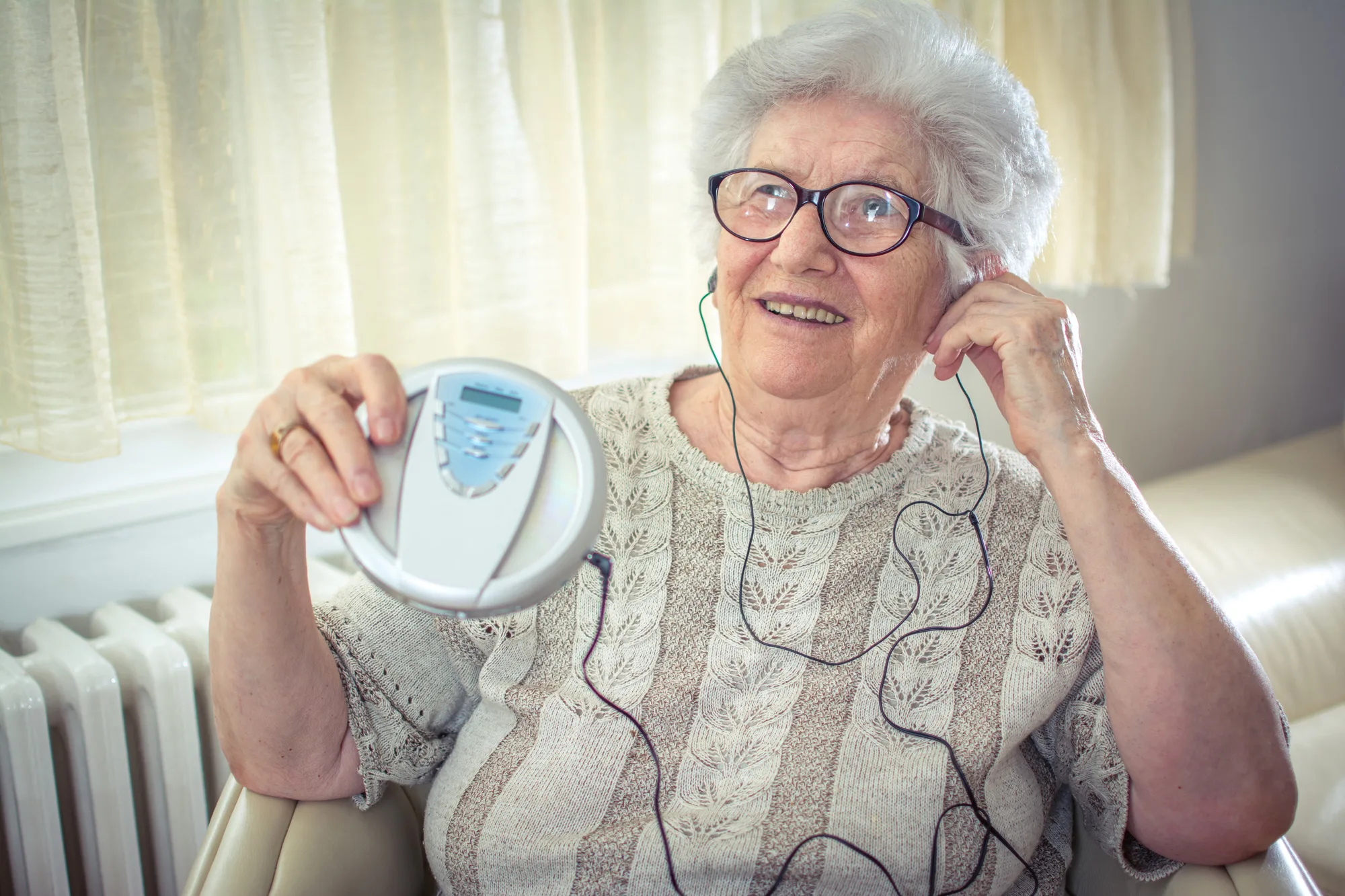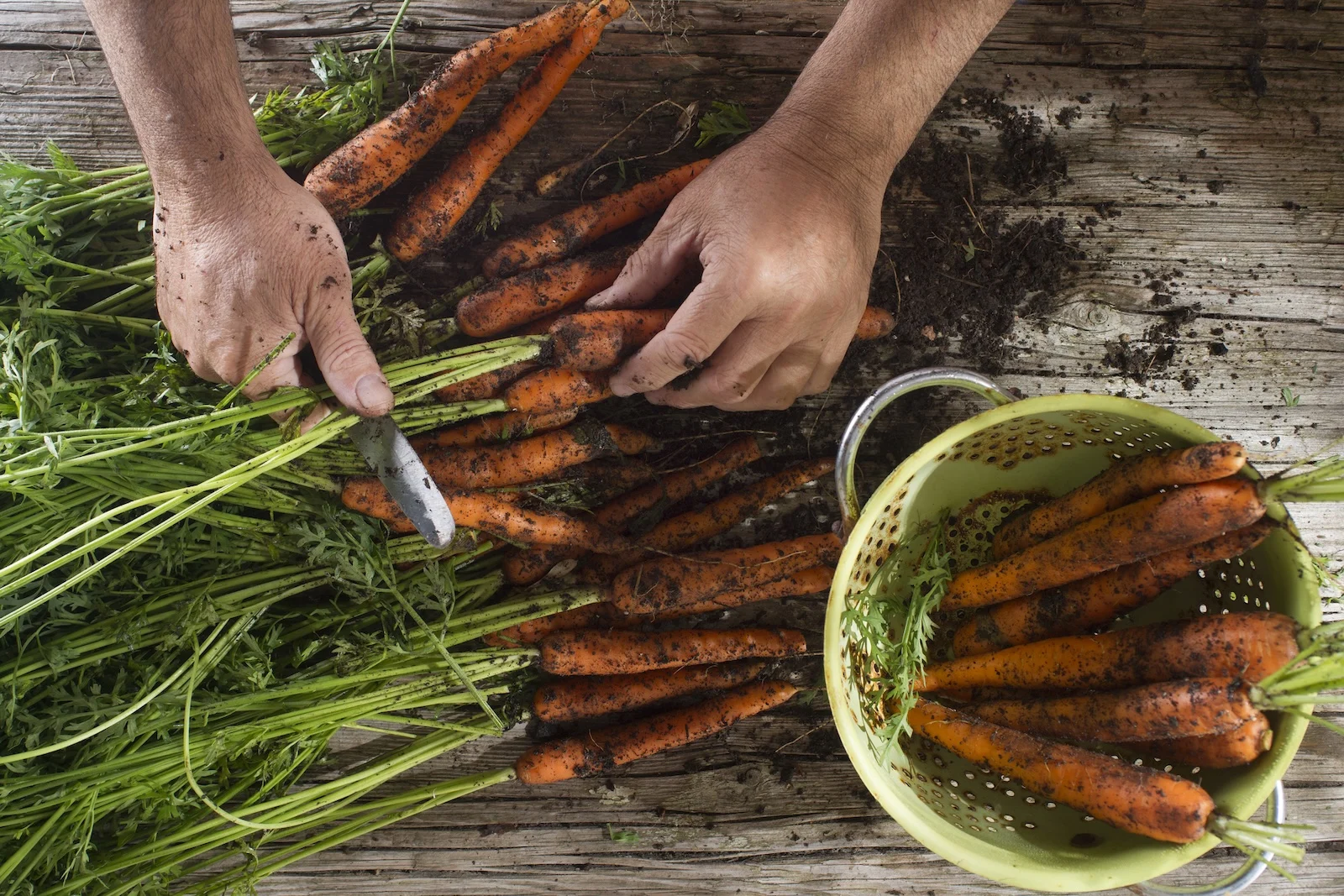As people age, they accumulate experiences and wisdom that younger people have yet to acquire. This wisdom manifests in various practical ways, often making older adults more adept at certain tasks. Here are some areas where older people excel compared to their younger counterparts.
Not Worrying

Image Credits: Deposit Photos
Older individuals tend to worry less because they have learned to differentiate between what is worth stressing over and what isn’t. Years of experience have taught them that many problems resolve themselves over time. For example, a senior facing a health scare might remain calm, having experienced and overcome similar issues in the past. In contrast, a younger person might panic and stress, lacking the same perspective and coping mechanisms.
Waking Up Early

Image Credits: Deposit Photos
Waking up early is a common habit among older adults, often rooted in years of disciplined routines. This habit allows them to make the most of their day, enjoy the tranquility of early mornings, and establish a productive start. For instance, an older person might use the quiet morning hours for meditation or a walk, setting a peaceful tone for the day. Younger people, who often stay up late and struggle with inconsistent schedules, miss out on this early morning calm and the productivity it brings.
Taking Evaluated Risks

Image Credits: Deposit Photos
Older people are generally more adept at taking evaluated risks because they have a wealth of life experiences to draw upon. They are more likely to weigh the pros and cons carefully before making a decision. For example, an older entrepreneur might avoid impulsive business investments, relying instead on their years of industry knowledge to guide them. Younger individuals, driven by enthusiasm but lacking the same depth of experience, might jump into ventures without fully considering the potential downsides.
A Day Without Internet

Image Credits: Deposit Photos
Older generations grew up without the internet, making them comfortable with offline activities. They can enjoy a day reading a book, gardening, or engaging in face-to-face conversations without feeling disconnected. For instance, an older person might spend a leisurely day tending to their garden, finding fulfillment in nature. Younger people, who are more dependent on digital interactions, often find it challenging to unplug and might feel anxious or bored without internet access.
Appreciating Small Joys

Image Credits: Deposit Photos
With age, people often become more appreciative of the small joys in life, such as a beautiful sunset, a good cup of coffee, or time spent with loved ones. This appreciation stems from understanding the transient nature of life. For example, an older person might take a moment to enjoy the scent of blooming flowers during a walk, while a younger person, focused on big achievements and future goals, might overlook these simple pleasures.
Trip Without GPS

Image Credits: Deposit Photos
Older people have honed their navigational skills over decades, often relying on maps and memory rather than GPS. They are adept at recognizing landmarks and understanding spatial relationships. For example, a senior might navigate a city using these skills, recalling previous visits and notable landmarks. A younger person, accustomed to relying on GPS, might struggle if their device fails, feeling lost and disoriented.
Fixing Their Cars

Image Credits: Deposit Photos
Many older adults grew up in an era where car maintenance was a common skill. They are familiar with basic repairs and maintenance, having learned these skills out of necessity. For instance, an older person might change a flat tire or perform an oil change without hesitation. Conversely, younger people, accustomed to modern conveniences and reliant on professional services, often lack these practical skills and may feel helpless when faced with car troubles.
Move On From A Bad Situation

Image Credits: Deposit Photos
With years of life experience, older people have encountered and overcome various challenges, making them more resilient. They know how to move on from bad situations without dwelling on them. For example, after a job loss, a senior might quickly pivot to new opportunities, drawing on past experiences for strength. Younger individuals, facing similar setbacks, might struggle to cope and find it harder to move on, lacking the same level of resilience and perspective.
Casting A Ballot

Image Credits: Deposit Photos.
Older adults are often more engaged in the political process, understanding the importance of voting and civic participation. Their historical perspective gives them a deeper appreciation for democracy. For example, an older person might remember significant political events and changes, motivating them to vote regularly. Younger people, sometimes disillusioned or apathetic, might not participate as actively in elections, not yet fully grasping the long-term impact of their civic duties.
How to Manage Money

Image Credits: Deposit Photos
Financial wisdom often comes with age. Older individuals have lived through economic ups and downs, learning to save, invest, and spend wisely. They understand the value of budgeting and long-term planning. For instance, an older person might have a well-diversified investment portfolio and a solid retirement plan. Younger people, with less experience, might struggle with financial management, often succumbing to impulse spending and lacking a long-term financial strategy.
How to Do Multiplication Without Using a Calculator

Image Credits: Deposit Photos.
Older generations were educated in an era when mental arithmetic was emphasized. They can perform multiplication and other calculations without relying on technology. For example, an older person might quickly calculate the total cost of groceries in their head. Younger people, dependent on calculators and apps, may find this challenging and often lack confidence in their mental math skills.
Gardening and Plant Care

Image Credits: Deposit Photos
Many older adults have spent years cultivating gardens, understanding the nuances of plant care through hands-on experience. They know the best times to plant, how to nurture growth, and how to deal with pests naturally. For instance, an older person might have a thriving vegetable garden, producing healthy crops each season. Younger people, who may have grown up in urban environments with less exposure to gardening, often lack these green-thumb skills and might struggle to keep even basic houseplants alive.
